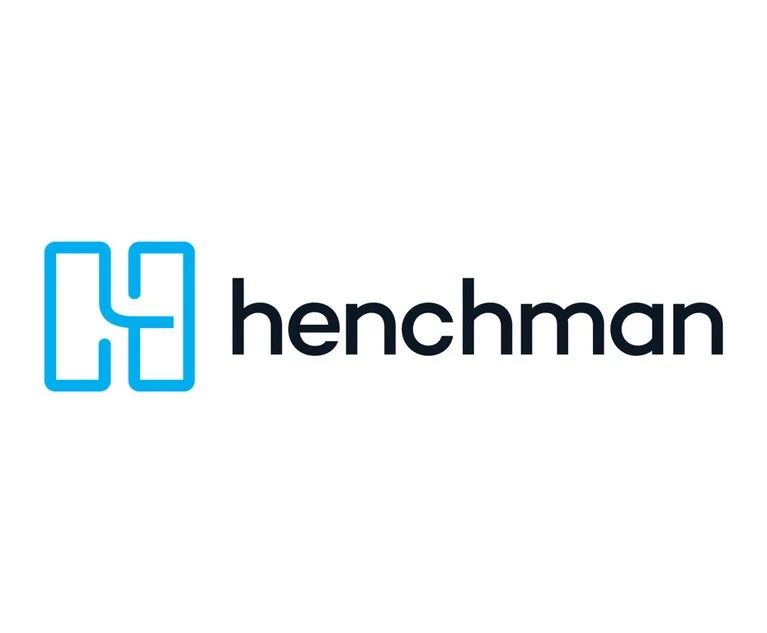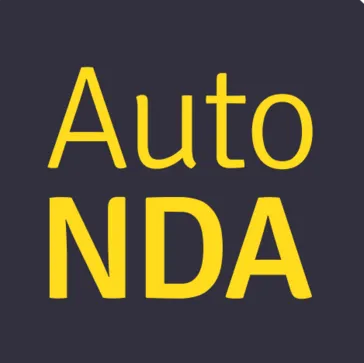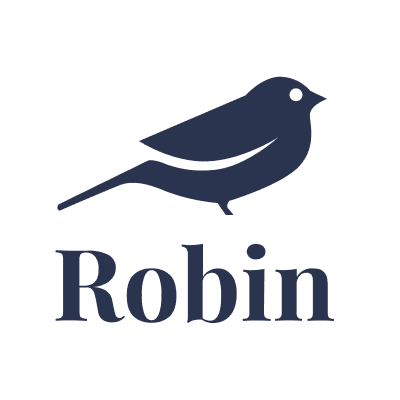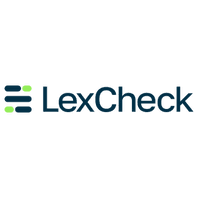The Accelerating Returns of Document Automation and Standardization Processes

A while ago, I was impressed with this interesting Twitter exchange between Dorna Moini, founder and CEO of Documate, a no-code document automation platform, and Michael Siebel, managing director of the startup accelerator Y Combinator:
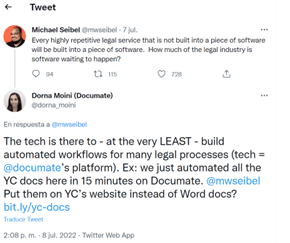
Siebel has a point, of course, and every lawyer mildly interested in technology knows this. And Moini is correct: The technology is indeed there.
Earlier this year in Argentina, we launched a website for entrepreneurs to access free automated documents, built on Documate. They were given a chance to donate to an NGO once the final draft was delivered by email. It was a complete success and took us a couple of hours to build.
The most basic way the application works:
- You create an interview with different kinds of questions (Yes/No, free text, options dropdown, etc). This generates variables we need to name.
- Then, with a Word or Adobe add-on, you take any document and, with the variables generated from the responses, create a fillable document that will be automatically generated once the interview is completed.
More complex functionalities include using the structured data obtained by the interview to save your client time the next time.
The law of accelerating returns, as Ray Kurzweil explains, implies how different technologies and evolutions feed on themselves to compound growth exponentially. So, take standardization of documents, such as the SAFE of Y Combinator, and no-code document automation, and imagine the projected outcome. If we consider the implications of throwing into the mix: the use of structured data to pre-fill the no-code, automated, standardized documents, the acceleration of returns will keep compounding.
One of the most relevant tendencies that are gaining speed in the modernization of legal services is the standardization of documents. The venture capital industry, with its need to close early stage investments fast, knows what I'm talking about. The SAFE agreements posted by Y Combinator on their website have probably saved thousands of billable hours around the world.
Standardization is a challenge. Venture capitalists embraced it because the incentives were clear (the need to close fast), and stakeholders reached a tacit consensus on a common authority, Y Combinator. It's easy if you have an expert authority and years of continued use such as our previous example. Extending this to other areas may require additional work. Enter crowdsourced and open based wisdom. Enter oneNDA.
I personally love oneNDA and everything they stand for. If you want their full story, go to oneNDA.org. But the very short tale is this: Two awesome lawyers and consultants set out to build a crowdsourced, open-sourced NDA that will be adopted by corporations around the world. Their success is incredible, as they point out:
“Today, oneNDA has been downloaded close to 10,000 times and we have 500+ organizations that have publicly adopted it as well as 2000+ companies using it on a daily basis."
Law firms are struggling to keep young talent in their ranks. By standardizing simple documents, lawyers can shift towards more meaningful, complex work, which is what any young attorney fresh out of law school wants.
Young paralegals in our company are “documating” as I like to call it, SAFEs from YC, FAST (advisory agreements) from Founders Institute, and of course, oneNDA. Their engagement since given this task rose dramatically. This in turn increases our offerings of free resources.
Some could argue that an NDA agreement required actual handcraft and tailored legal work. Well, I teach Entrepreneurial Law, and a few days ago asked the students two simple questions: how long they had practiced law, and the times they argued an NDA in court. In 33 responses, we had an aggregate of 360 years of law practice, during which only 5 times were NDAs argued in court or in private mediation.
Anyone reading this piece can program documents without any prior knowledge of coding and build legal applications with far reaching benefits.
We only need to, in those immortal words, to just do it.

